When most of the clauses in the Finance Bill 2023 come into effect next week on Saturday, the immediate shocker will be on the cost of fuel.
But there will also be shocker in the cost of essential goods as well as reduction in the take-home pay for Kenyans employed in the formal sector as the housing levy kicks in.
Once the Bill is assented to by the President, the Energy and Petroleum Regulatory Authority (Epra) is expected to issue an addendum to the pump prices it issued on June 14 to factor in the higher VAT on petroleum products. This is usually the practice whenever there are changes in taxation before the 14th of the month when Epra announces new prices.
Players have estimated that increasing VAT to 16 per cent would push up the retail prices by about Sh12 per litre of diesel and super petrol.
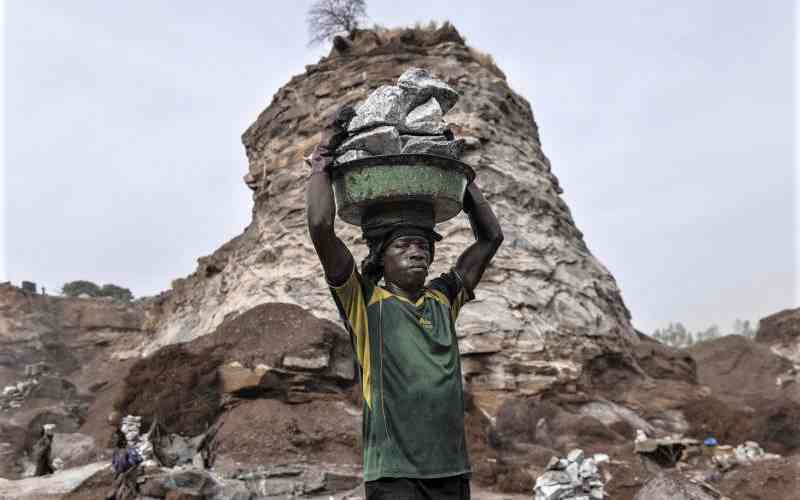 Kenya strikes 3 minerals known to fuel regional conflict, poverty PREMIUM
Kenya strikes 3 minerals known to fuel regional conflict, poverty PREMIUM Controller of Budget says supplementary budgets being used to sneak in illegal expenditure PREMIUM
Controller of Budget says supplementary budgets being used to sneak in illegal expenditure PREMIUM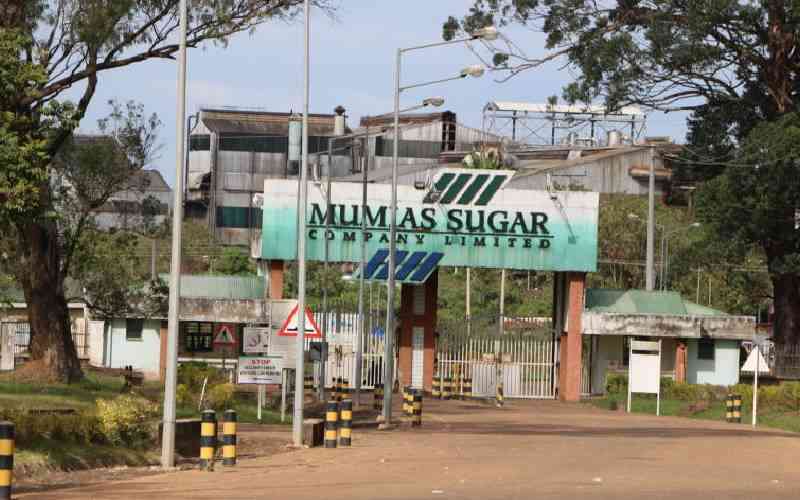 Fresh battle over Mumias Sugar management moves to the court
Fresh battle over Mumias Sugar management moves to the court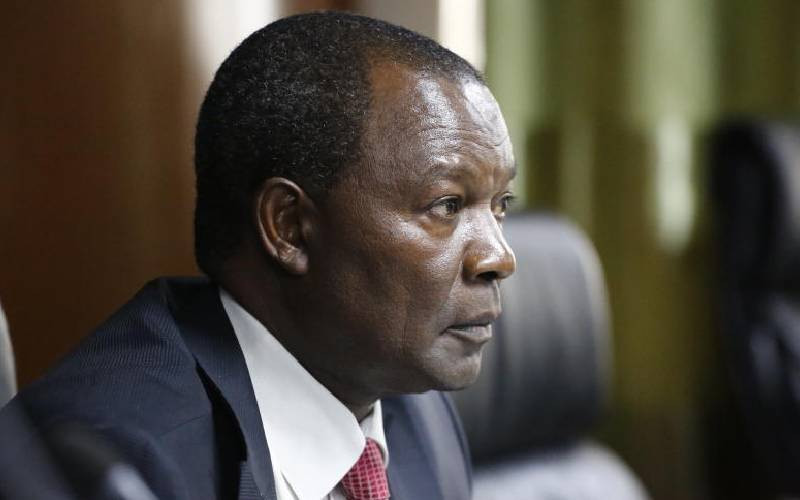 House watchdog calls out State on Sh16b unapproved spending PREMIUM
House watchdog calls out State on Sh16b unapproved spending PREMIUM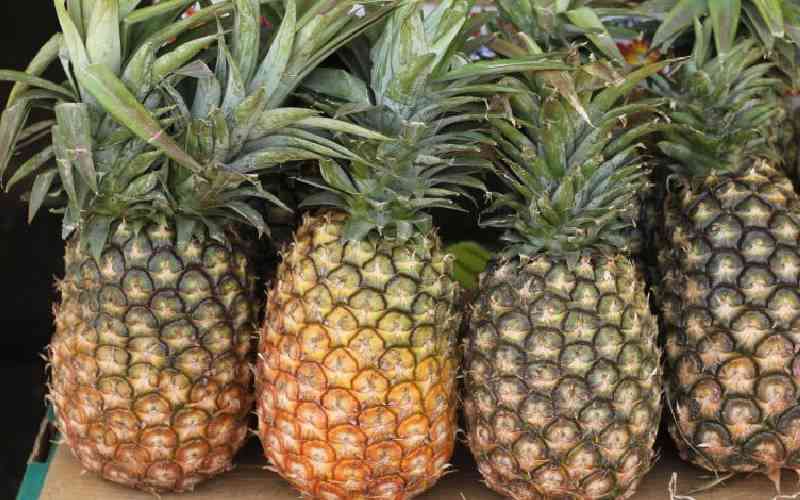 UK-based Tesco suspends orders from Del Monte
UK-based Tesco suspends orders from Del Monte
In the coming days, the hike in fuel prices is expected to have a ripple effect on matatu fare, groceries as well as manufactured goods as industries adjust their cost and pass on the higher production and transportation costs to consumers.
Many Kenyans pleaded with the National Assembly Committee on Finance and Planning to reject the proposals by the National Treasury to hike the VAT on fuel but these please fell on deaf ears. Stakeholders including individuals, companies and lobbies, said that the high tax rate on fuel would make life unbearable for ordinary Kenyans.
“(This) will increase the cost of transport and the production of goods even higher. Kenyans are already struggling to survive the harsh economic times, with inflation hitting nine per cent in the past months. This increase will make the situation unbearable,” said Haki Yetu, a human rights lobby.
The Kenya Private Sector Alliance (Kepsa) told the committee that prices of super and diesel would increase by more than Sh12 per litre.
“The increase of eight per cent will lead to a corresponding increase in the cost of fuel by Sh12.56 and Sh12.76 per litre for diesel and super petrol, respectively. Further, oil marketing companies will need additional capital to sustain their margins,” said Kepsa in its submissions to the Finance Committee.
Margins will drop
Kepsa warned that higher tax rate would also dent earnings for industry players who would need more cash to buy stock hurting their capability to offer more jobs.
“In 2019, oil marketing companies enjoyed margins of 0.1 per cent with an investment of Sh1 million, in July 2023, if the proposal passes, Oil Marketing Companies (OMC) margins will drop to 0.05 per cent with an investment of Sh2 million. The additional cash flow financing will reduce the OMC margins and profitability and hence a reduction in corporate taxes paid to the government.”
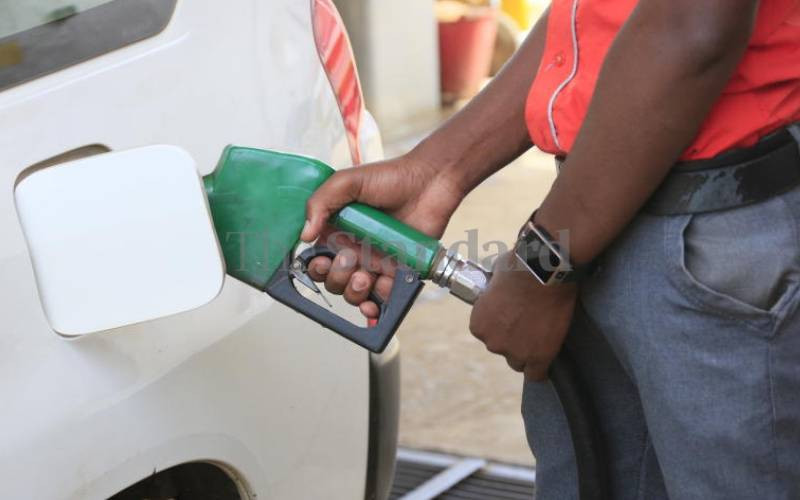
The Sh12 hike is despite the lower Import Declaration Fee (reduced from 3.5 per cent to 2.5 per cent) and Railway Development Levy (also reduced from 2.5 per cent to 1.5 per cent) by the Finance Bill 2023. The reduction of the two levies would result in lower pump prices by a combined Sh1.5 a litre, which would be negated by an increase of about Sh13.5 per litre in the VAT rate.
“The higher cost of fuel and consequently production will result in higher price of goods in the Kenyan market and may impact the cost of living negatively and impact the government’s quest to grow the economy,” said the Petroleum Institute of East Africa in its submissions to the committee.
But the committee said there is need to harmonise VAT rates across all products that is imposed at either 16 per cent or zero rate.
The committee argued that the eight per cent rate, which is unique to petroleum products, had complicated the administration of the tax on oil companies by the Kenya Revenue Authority.
“The committee noted that the existing VAT rates were not standard and thus intended to harmonise the rate to 16 per cent including for petroleum products. The committee also agreed that the effect of the differential VAT on fuel led to petroleum distributors being in a constant credit position, thus leading to high expenditure for the government.
The committee rejected the proposal (opposing the introduction of 16 per cent VAT on fuel),” said the Finance Committee in its report on the Finance Bill, in which it also noted that the proposal was among the most unpopular in the Finance Bill.
There will however be relief in the cost of cooking gas following the proposal to zero rate VAT on the fuel that is increasingly being used by households for cooking. Liquefied Petroleum Gas (LPG) started attracting VAT in 2022 but at a lower rate of eight per cent. This resulted in prices going up and in turn a reduction in consumption of cooking gas by 10 per cent.
Kenyans in formal employment will also have to do with more deduction as the Affordable Housing Levy takes effect, albeit at a later date of January next year. Employees will contribute 1.5 per cent of their gross pay, which will then be matched by their employers.
The committee in its report noted that it would now be a “levy as opposed to a mandatory contribution. Further, the rate was reduced from three per cent to 1.5 per cent.”
The Finance Bill 2023 further states that “each employee and employer shall pay a monthly levy to be known as the Affordable Housing Levy… (which) shall be… 1.5 per cent of the employee’s gross monthly salary for the employer; 1.5 per cent of the employee’s monthly gross salary for the employer.”
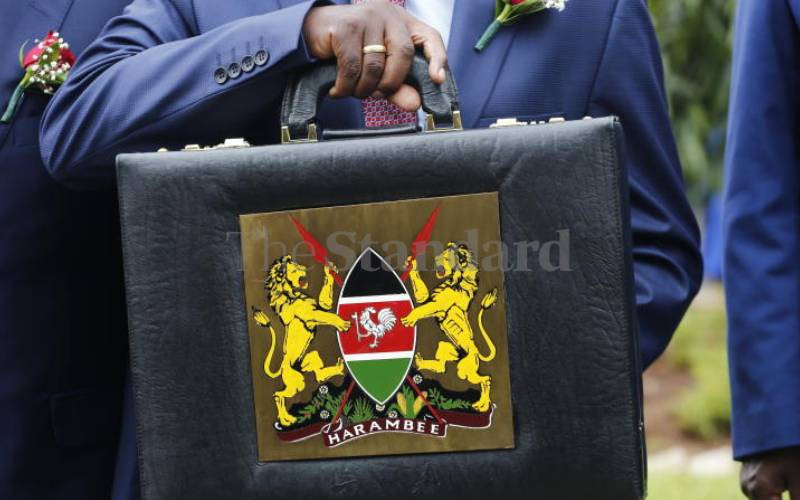
The cost of sugar is also set to go up following the imposition of an excise duty at Sh5 per kilogramme. The cost of sugar has in the recent weeks significantly gone up retailing at over Sh450 per two kilogramme bag up from about Sh250. This has also already had the impact of increasing products that use sugar in their production processes including bread, which has increased to Sh65 per 400 gramme.
The cost of beer and other alcoholic beverages could also go up, as alcoholic beverages firms figure out how to comply with the requirement to pay excise duty on their products in advance.
Lowering upper limit
A new clause that was not initially in the Bill was added during public participation. The Illicit Alcohol Prevention Taskforce presented this as a proposal for addition in the Bill to the Committee on Finance and National planning, saying it would aid in fighting illicit alcohol.
The committee was in agreement and included the amendment in the report that it tabled in Parliament.
The Bill has proposed to increase the turnover tax to three per cent from one per cent, which will hit the traders such as mama mboga
This will affect companies making between Sh1 million and Sh25 million in the move expected to increase tax revenues from informal business. It has also proposed lowering the upper limit to Sh25 million from the current Sh50 million per year. At the moment, firms with a turnover of between Sh1 million and Sh50 million pay the one per cent turnover tax.
Lowering the upper threshold the Bill will have the effect of pushing the small and mid-sized businesses with a turnover of over Sh25 million to paying higher tax rates at a rate of 30 per cent. Analysts note that capping it at Sh25 million will migrate some SMEs to the same tax regime as large companies and they will pay income tax at 30 per cent.
The Bill has also proposed a hike in advance tax paid by public service and commercial vehicles. The advance tax for passenger vehicles will increase to either Sh100 per passenger per month or Sh5,000 per year, whichever is higher. By Macharia Kamau, The Standard






